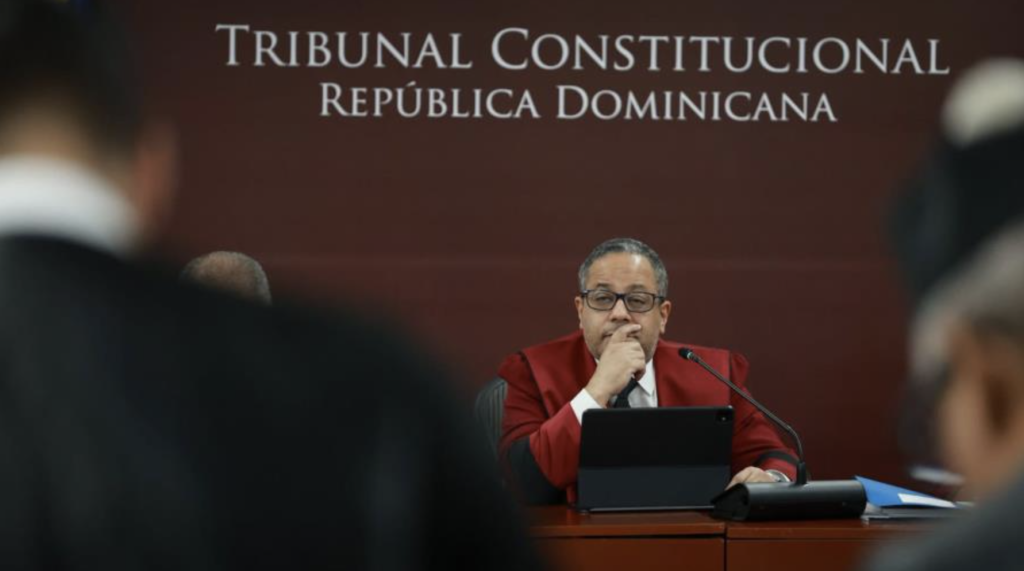
The Constitutional Court (TC) has declared unconstitutional a provision that had allowed the President of the Republic to fill vacant mayoral positions, asserting that the power infringes upon the constitutional right of citizens to elect their leaders. The ruling, sentence TC/0446/25, specifically targets Paragraph I of Article 64 of Law 176-07 on the National District and Municipalities, Diario Libre reports.
The court has urged Congress to instead develop a new mechanism within one year to address mayoral vacancies when the vice-mayor is unable to assume the role.
The now-invalidated Paragraph I of Article 64 stipulated that if a mayoral vacancy occurred and there was no vice-mayor to step in, the municipal council president would appeal to the President of the Republic for an appointment, following constitutional procedures.
The TC determined that this provision conflicted with Articles 2, 6, 22.3, and 274 of the Constitution. It also found that the article contradicted the constitutional order established by reforms in 2010, 2015, and 2024, leading to what the court termed “supervening unconstitutionality.” According to the high court, post-amendments to the Magna Carta, the Executive Branch no longer holds the authority to appoint mayors, primarily because it undermines fundamental principles such as the citizen’s right to elect and be elected through popular vote.
The La Vega city mayoral crisis was the case catalyst. Indeed, the legal challenge was brought forth by the Primero Justicia Foundation, led by attorney Miguel Surún Hernández. The foundation’s action stemmed from a specific crisis in La Vega, where Mayor Kelvin Cruz resigned to become the Minister of Sports. The problem surged when Vice-Mayor Amparo Custodio also resigned because she was of a minority political party and did not feel she would have political support to be effective as a mayor. This left the city’s leadership in limbo.
Prior to issuing its ruling, the TC solicited opinions from the Senate, the Chamber of Deputies, and the Attorney General’s Office. All three bodies rejected the constitutional challenge, arguing it lacked constitutional basis.
The crisis in the La Vega mayor’s office was ultimately resolved last November when the Council of Councilors reversed Vice-Mayor Amparo Custodio’s resignation, allowing her to assume the mayoral post.
In its ruling, the high court recommended that Congress, within a year of the sentence’s notification, draft a legal mechanism to handle situations where a mayoral position is vacant and the vice-mayor cannot permanently fill the role.
In a related development, the Chamber of Deputies approved a bill on 11 June that modifies several articles of Law 176-07. This proposed legislation aims to allow the political party of the former mayor or vice-mayor to propose a substitute for vacant municipal positions. This project was specifically conceived to address the legal void created by the resignations in La Vega. The bill is currently awaiting consideration and approval in the Senate.
Read more in Spanish:
Diario Libre
7 July 2025

